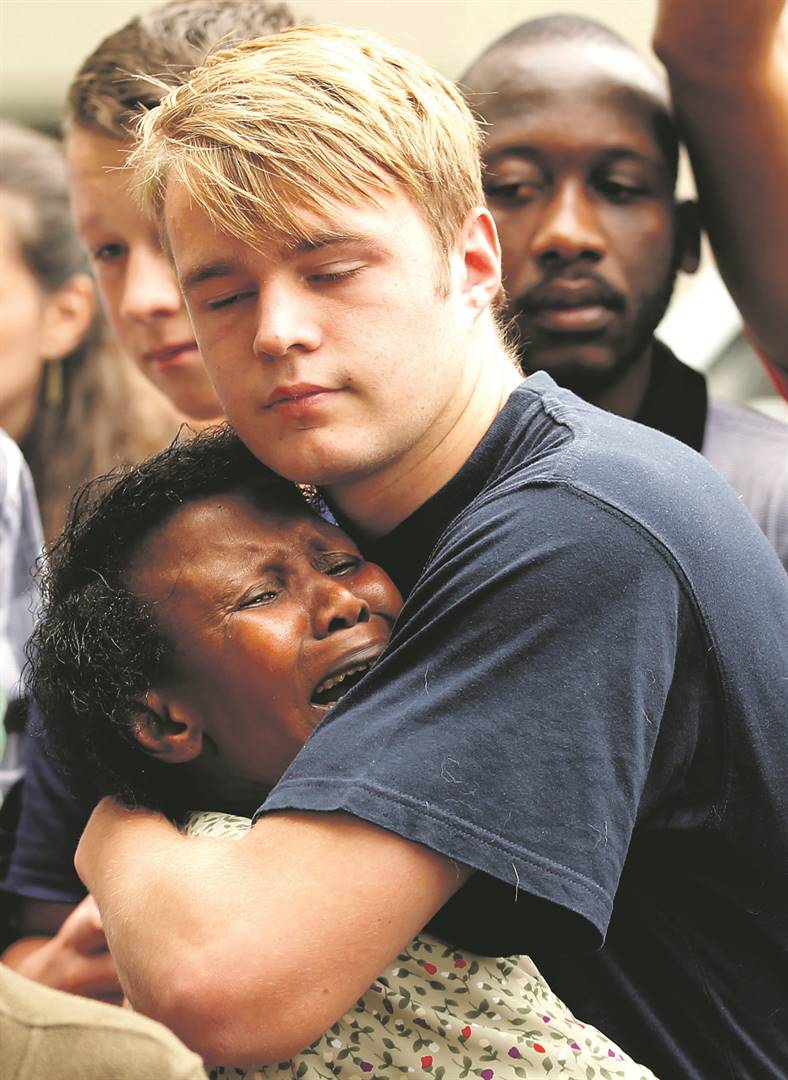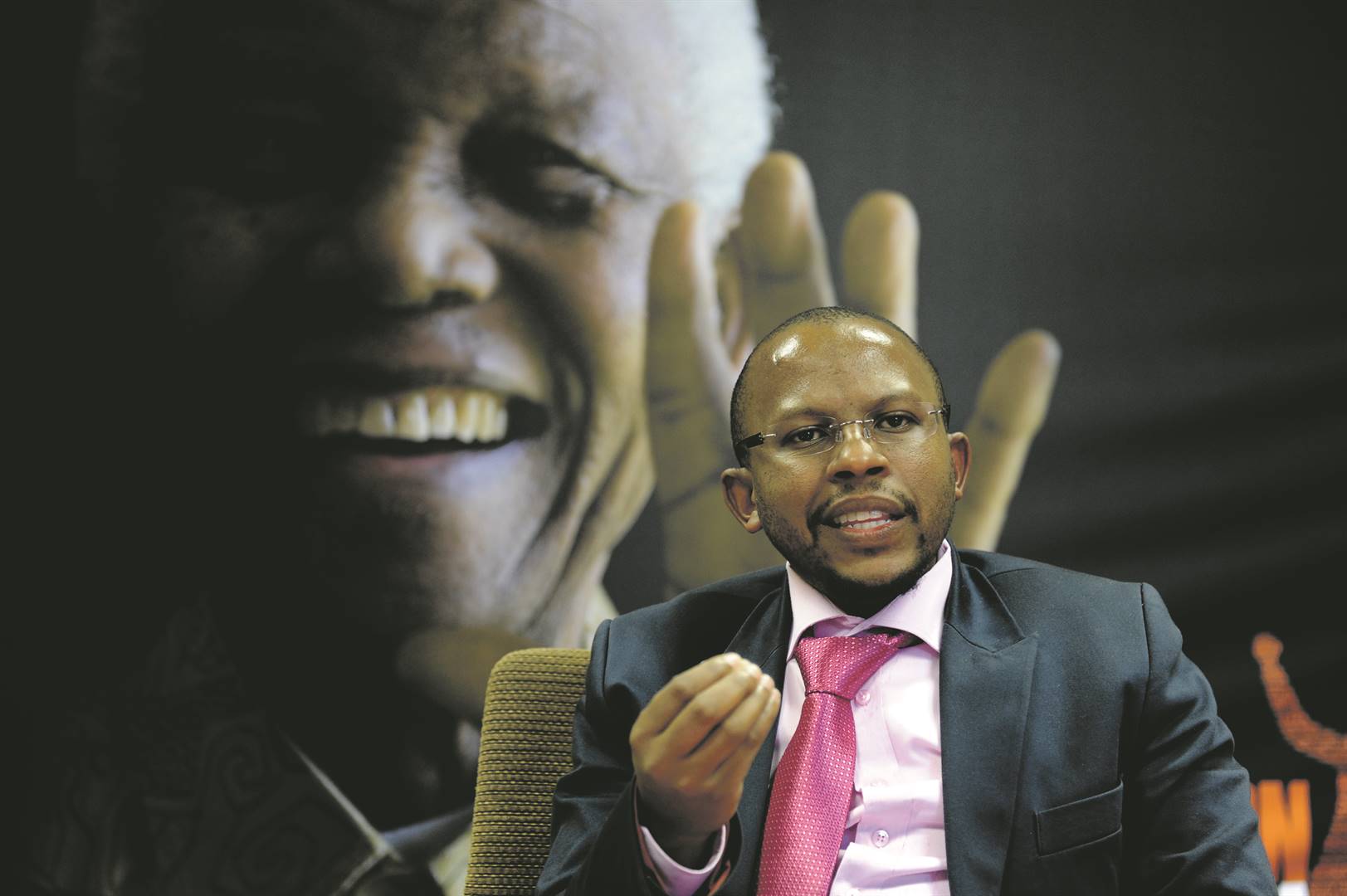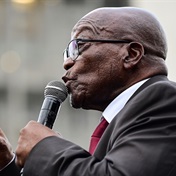
We must acknowledge complicity in creating this violent democracy and take responsibility for transforming it.
This past week’s manifestations in South Africa of femicide, of attacks perpetrated on people perceived to be foreigners, of shops being looted and property being trashed, and of expressions of prejudice and hatred on social media platforms, have held up a mirror for all South Africans.
We have become what has been called a “violent democracy” – a democracy where a resilient and deep-rooted structural violence manifests in multiple forms of violation, trauma and damage.
We are a society where the abnormal has become normalised.
This week, government will release its annual crime statistics; we anticipate more confirmation of just how violent our society has become.
How did we get here? How did the dream of 1994 become so haunting for most people who live in South Africa?
To begin understanding the deeper levels of causality, one must go back at least to the 1990s.
As South Africa began to emerge, finally, from the long nightmare of colonialism and apartheid, the country’s new leaders were faced with a singular challenge.
Over centuries, the country’s communities, especially black South Africans, had been subjected to structural violation on an unimaginable scale.
From 1984 to 1994, state-sponsored terror and civil war had ravaged the social fabric.
An enormous well of trauma and woundedness was carried into the democratic era.
Reckoning with the past, then, was not a luxury; it was essential – as was a robust and systematic transformation of the state, the economy and of society as a whole.
It was a dual challenge, a mountain to climb, which needed to be front and centre of both the public agenda and implementation strategies.
Analysis suggests that the country made a good start in the 1990s.
Numerous special instruments for reparation, restitution and reconciliation were put in place, ranging from the Truth and Reconciliation Commission to the BEE programme; from the land restitution process to the special pensions programme; from a broad land reform strategy to employment equity instruments.
An overarching Reconstruction and Development Programme (RDP) was designed to transform the deep-rooted structures of power, privilege and wealth accumulation that had grown over centuries.
The euphoria of the end of the apartheid nightmare gave us hope and strength to commit ourselves, our minds, our hearts and our spirits towards building a country that could undo the trauma of the past.
But we lost our way very quickly. Instead of climbing the mountain, we started slipping into the valleys below the so-called rainbow.
Implementation of the special instruments was poor, and in some instances did not happen at all.
The RDP was dropped and replaced by an approach which prioritised a global, neoliberal agenda. Deep-rooted structures were allowed to remain largely in place.
A culture emerged that consented to wealth concentrating around the social elite, and inequality was allowed to balloon.
The dream of a South Africa belonging to all who live in it evaporated.
In effect, power, privilege and wealth accumulation were reserved for the country’s elites, despite the provisions of a liberatory Constitution.
Then came a decade and more of plunder and looting by elements of the political and other elites.
We are beginning to see the consequences of what can only be called dereliction and foolishness. Dysfunction in communities and families stems from intergenerational depression and a deep woundedness.
We experience, on a continuing basis, the structural violence of a society which has failed to transform.
People are violated by systems which do not work, broken institutions, services which are not delivered, and structures which are corrupted and unaccountable.
They are incensed by islands of conspicuous wealth in a sea of poverty.
Moreover, the myth of the rainbow nation is no longer a story people see themselves a part of.
The violence that we have sown is the violence we now reap.
What South Africa sees in the mirror is devastating, but we cannot be haunted into paralysis.
As a country, we have overcome a ruthless regime, negotiated peace out of civil war and abolished the death penalty.
We were the first African country to legalise same-sex marriage, we have democratised education for all and introduced free universal healthcare.
We have overcome the unthinkable before, and we are able to do it again.
It is time to learn from communities such as Touwsranten in the southern Cape.
Over several years, this small township has seen progress in addressing the challenges of crime, domestic violence, corporal punishment, substance abuse, absent fathers, the school dropout rate, unemployment and so on through an initiative involving community leaders, civil society, government and the private sector.
Emphasis is placed on parenting programmes, home visiting for pregnant women, school-to-university pipelining and other interventions designed to build the fabric of society.
This is long-haul stuff. It is slow but deep. It is what South Africa needs and what all of us should feel obliged to invest in.
It is time for politicians, officials and community leaders to stop offering empty excuses, condemnations and promises.
It is time for all of us to acknowledge our complicity in the creation of this violent democracy and to take responsibility for transforming it.
It is time to reckon with the long past of colonialism and apartheid, and the short past of the democratic era.
It is time to stop relying on massive investment in policing and criminal justice, and instead, to prioritise violence prevention and the rehabilitation of perpetrators.
This requires commitment from all fronts, and its implications are far reaching for every facet of the society that haunts us today.
The dream of a liberatory future is not dead. The top of the mountain we need to climb together is still visible.
Hatang is CEO of the Nelson Mandela Foundation
TALK TO US
After this past week’s mayhem across the country, do you still feel hopeful about the future of SA?
SMS us on 35697 using the keywords SOUTH AFRICA and tell us what you think. Please include your name and province. SMSes cost R1.50




 Publications
Publications
 Partners
Partners









